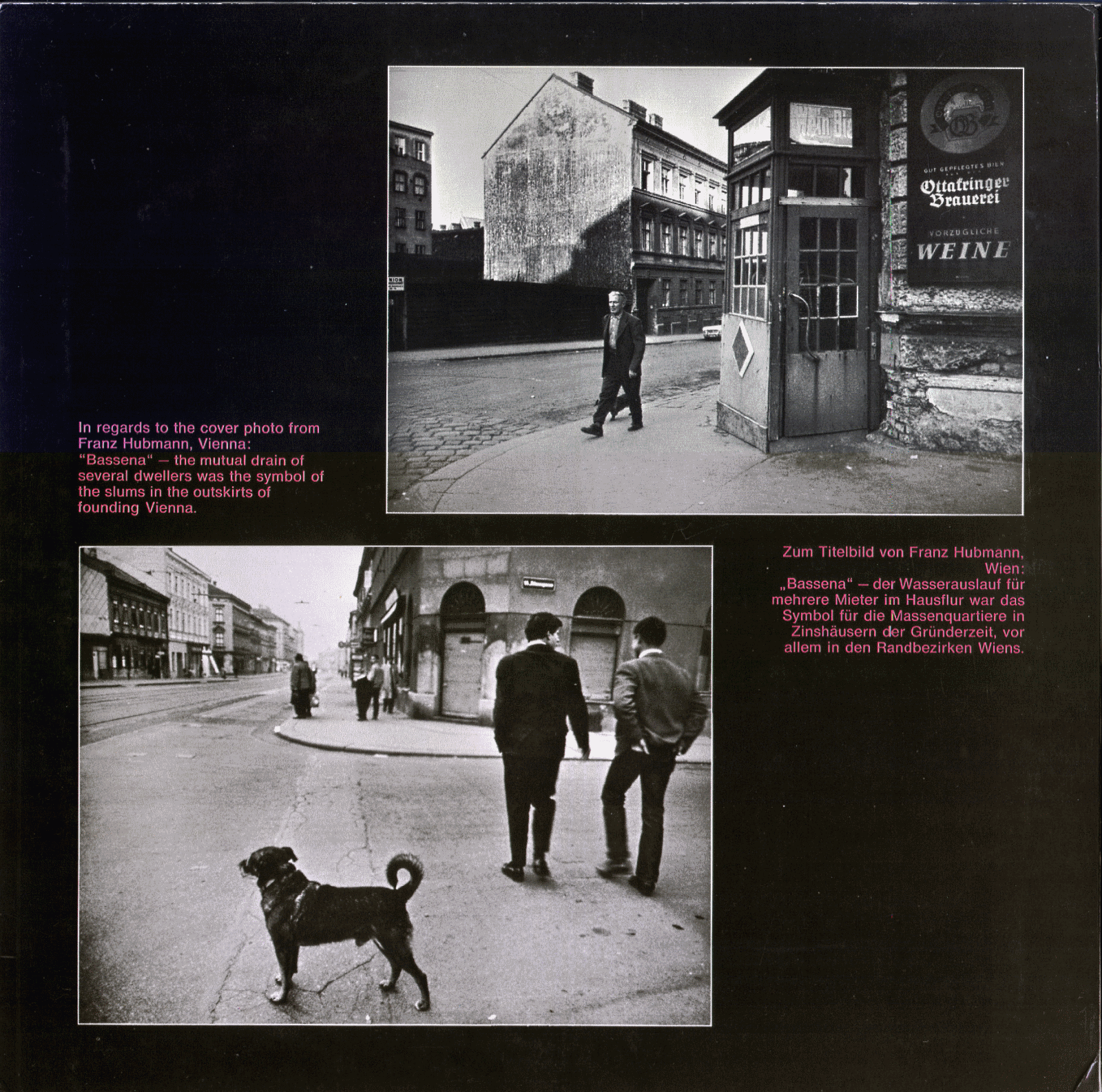Label: MPS Records – MPS 15 226 ST
Format: Vinyl, LP, Album; Country: West Germany - Released: 1969
Style: Contemporary Jazz, Jazz-Chanson
Recorded at MPS-Tonstudio Villingen / Black Forest, Febr. 1969.
Written-By – Friedrich Gulda
Producer, Engineer – Hans Georg Brunner-Schwer
Recorded By [Recording Director] – Willi Fruth
...But the greatest discovery in this respect is, of course, Golowin - a singer who can't be heard because he doesn't give a damn about a musical careeer or anything connected with it...
A1 – Sonatine - 1. Satz . . . 4:58
A2 – Sonatine - 2. Satz . . . 6:18
A3 – Sonatine - 3. Satz . . . 3:25
A4 – Die Reblaus . . . 3:38
B1 – Wann I Geh . . . 11:02
B2 – Du Und I . . . 3:35
B3 – Wann Du Mi Einmal Loswerd'n Willst . . . 3:01
B4 – Auf Visit' . . . 4:13
Friedrich Gulda – piano
J. A. Rettenbacher – bass (tracks B1-B4)
Manfred Josel – drums (tracks B1-B4)
Albert Golowin – vocals (tracks B1-B4)
Friedrich Gulda (16 May 1930 - 27 January 2000) was an Austrian pianist.
Born in Vienna as the son of a teacher, Gulda began learning to play the piano from Felix Pazofsky at the age of 7; in 1942, he entered the Vienna Music Academy, where he studied piano and musical theory under Bruno Seidlhofer and Joseph Marx. After winning first prize at the International Competition in Geneva four years later, in 1946, he began going on concert tours throughout the world. Together with Jörg Demus and Paul Badura-Skoda, Gulda formed what became known as the “Viennese troika”.
Although most famous for his Beethoven interpretations, Gulda also performed the music of J. S. Bach, Mozart, Schubert, Chopin, Debussy and Ravel.
From the 1950s on he cultivated an interest in jazz, writing several songs and instrumental pieces himself and combining jazz and classical music in his concerts at times. Gulda wrote a Prelude and Fugue with a theme suggesting swing. Keith Emerson performed it on Emerson, Lake & Palmer’s The Return of the Manticore. In addition, Gulda composed Variations on The Doors’ Light My Fire. Another version can be found on As You Like It (1970), an album with standards such as ‘Round Midnight and What Is This Thing Called Love. In 1982, Gulda teamed up with jazz pianist Chick Corea, who found himself in between the breakup of Return to Forever and the formation of his Elektric Band. Issued on The Meeting (Philips, 1984), Gulda and Corea communicate in lengthy improvisations mixing jazz (Someday My Prince Will Come and the lesser known Miles Davis song Put Your Foot Out) and classical music (Brahms’ Wiegenlied).
This album is a contribution by Ricardo.
Thanks.
If you find it, buy this album!


